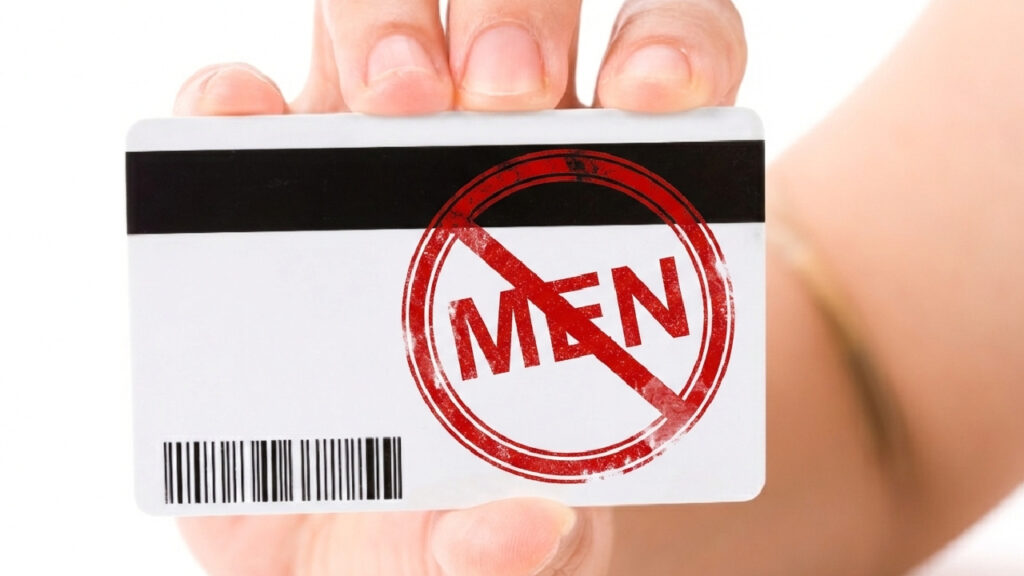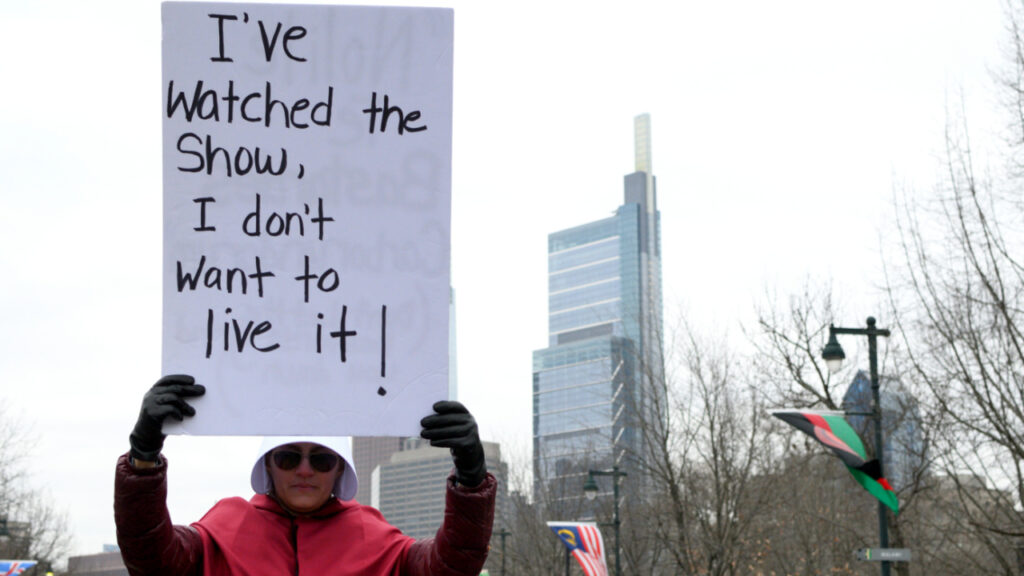
Why I’m Reclaiming ‘Bitch’ as a Badge of Power—and Why You Should Too
Reclaiming the word “bitch” allows us to dismantle the ways society has traditionally degraded and defined women as submissive and powerless. Embracing terms like bad bitch or boss bitch goes even further. These words become our armor and mantra, helping us navigate challenges, transitions, tough jobs, and even breakups.
In defiance, we push through and persist, making it out so effectively that it’s almost superhuman. So skilled, it can only be the work of a “bad bitch” defying all odds. Being a bad bitch is power; it’s unmatched, untouchable energy and pride. We hold our heads high, moving with grit to survive, just like we saw our mothers and women in our communities do. Yet, as much as I love this label and never miss an opportunity to embrace it, I sometimes wonder how much is required of us to simply survive. How much can one bad bitch bear against the system and life’s larger challenges?
The Weight of Empowerment on a Bad Bitch
In Eloquent Rage, Dr. Brittney Cooper notes, “Empowerment is a tricky word. It’s also a decidedly neoliberal word that places the responsibility for combating systems on individuals.” This weight is not something a single person should carry alone. I think of the pep talks I give my friends and myself to get through deadlines, tasks, and stress, even as we wrestle with being overworked and exhausted under capitalism. For some of us—whether first-gen, BIPOC, queer and trans people, or people with disabilities—society wasn’t built with our whole selves in mind, creating even more obstacles. The last thing I want is for any bad bitch to think her struggle is a personal failure when it’s rooted in systemic shortcomings.
Hustle Culture and the Harm It Brings
Hustle and “girl boss” culture continue to be glorified, with formulaic self-help books and “empowering” messages flooding our feeds. But these messages put pressure on individuals rather than on the systems making life harder. We’re encouraged to be tough, unbreakable, to withstand more. These ideologies often dehumanize us by praising us only when we succeed and blaming us when we don’t. If my worth is only measured by my ability to survive and thrive, am I really being honored, respected, and seen for all that I am? Bad bitches have range—we know we’re still bad, even when we’re down in a world full of inequalities.
Bad Bitches Facing Systemic Barriers
Women of color carry more than our fair share in society, often facing workplace microaggressions that lead to burnout and mental health challenges. Many of us rely on public health insurance and face long waits to access care. When we do get seen, our symptoms, especially those related to underlying conditions, aren’t always taken seriously. The economic disparity is even starker; Latinas, in particular, face the largest wage gap compared to their white counterparts, no matter how hard we hustle. We can be hard on ourselves when our efforts don’t seem to pay off, but the reality is that historical wage gaps and systemic barriers are at play.
Resilience Lessons from the Original Bad Bitch: My Mother
My mother, the baddest of them all, taught me what it means to be a “bad bitch,” or, as she’d say, a chingona. She taught me to cry only one tear per heartbreak (though I didn’t always manage it) and pushed me to survive exploitative jobs and tough bosses, just as she had done. My mother taught me resilience, though I saw the toll it took on her—grief and pain swallowed to make it through. She has perfected resilience, and while I’m grateful for the survival skills she’s taught me, I also know she deserves rest. Her hands and mind are tired from nearly 40 years of hard labor and unprocessed grief as a working-class Honduran immigrant lacking benefits and fair compensation. Sometimes, resilience is a painful trait for a bad bitch—it comes with scars from the struggles we bear.
Embracing the Range and Humanity of a Bad Bitch
I don’t want a world where bad bitches feel they have to take on more than they should. Quite the opposite. I want a world where we embrace our full range and bravely carry our tenderness, even in the face of systems not built for us. I remind myself and my friends that we’re still bad bitches when we ask for help, take personal leave, and prioritize our own well-being. Being a bad bitch means voicing our limitations, asking for extensions and accommodations, and practicing saying, “No,” “I am at capacity,” or “Done for the day.” A popular internet meme once said, “A baddie can also be a saddie”—we can honor our vulnerabilities because bad bitches are human, too.
When a bad bitch is down, she’s still bad on the floor, when she quits, and when she steps away. We are bad because we refuse to carry the weight, systems, and shortcomings of the world on our backs, knowing they don’t define us. We define ourselves.
Heidi Lepe (she/her/ella) is a Honduran and Mexican-American writer based in West Los Angeles, California. Heidi embraces her dual ethnic roots writing and storytelling from her embodied experiences and identity as a Latina and daughter of immigrants. Her writing has been featured in the literary journal, La Raíz Magazine, and Latina-led news and media pages of HipLatina and FIERCE by Mitú. Her work is inspired by authors, poets, and theologians like Prisca Dorcas Mojica Rodríguez, bell hooks, Mikki Kendall and more. You can find Heidi active on substack at heidilepe.substack.com.




